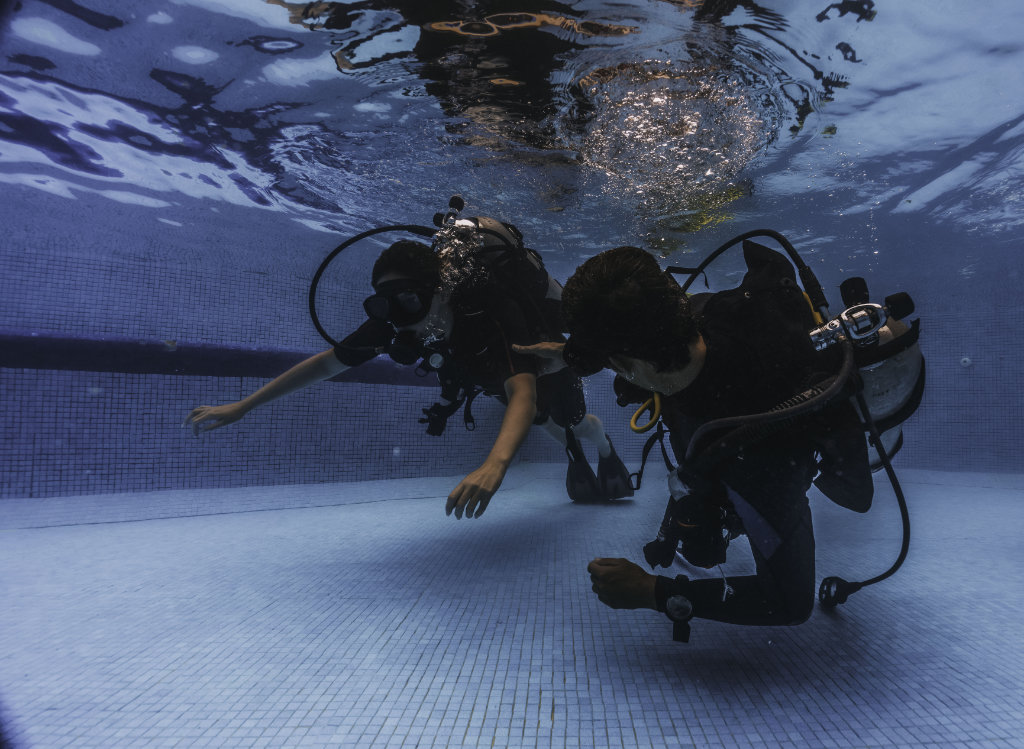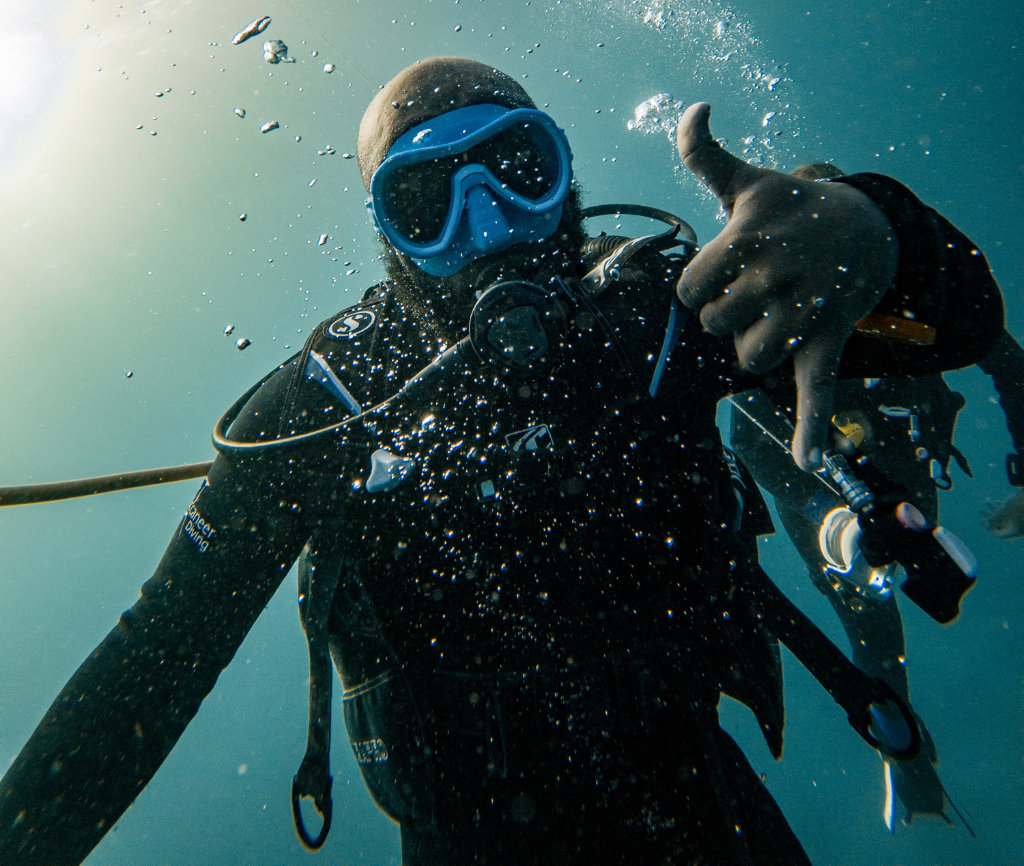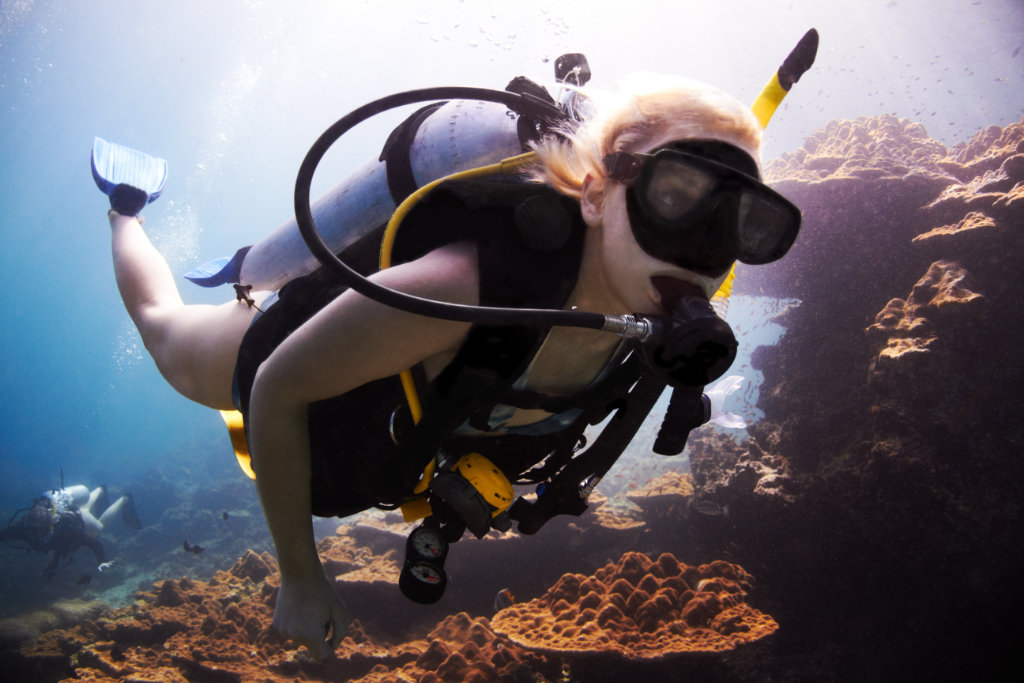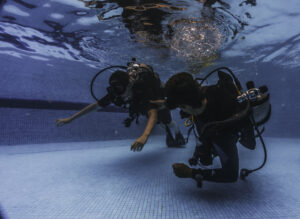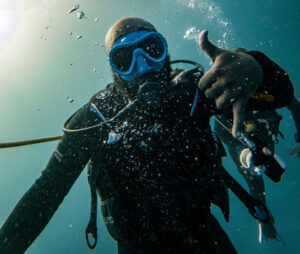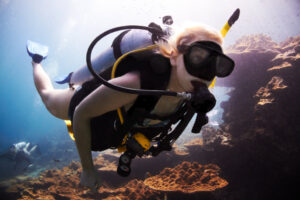The ancient Roman and Greek civilizations were some of the most influential and enduring civilizations in human history. They have left their mark on the world in many ways, from art, architecture, literature, philosophy, and science, to the very foundations of our modern society.
The mysteries and wonders of these ancient civilizations continue to inspire and intrigue people today, and one of the most exciting ways to explore this rich history is through scuba diving.
Scuba diving is an adventure sport that allows divers to explore underwater environments with the aid of a self-contained underwater breathing apparatus (SCUBA). It provides a unique way to experience the vibrant world beneath the waves, opening up new realms of discovery and adventure for enthusiasts worldwide.
Through scuba diving, people can delve into the depths of ancient history and witness firsthand the incredible underwater treasures that lie hidden beneath the surface.
Get the latest articles in your inbox fresh and ready to read …
Get the Scubly "All Access Pass"
All Access Pass members enjoy unlimited access to entire articles – 100% FREE
By signing up you agree to our Terms of Service and Privacy Policy. You also agree to receive our newsletters (you can easily and quickly opt-out at any time).
You will receive free access to all of our articles while you are a member of the site.
Preparation for a Scuba Dive to Explore the Depths of Ancient Roman & Greek History
The first step to embarking on a scuba diving expedition to explore the depths of ancient Roman and Greek history is to research the site and its historical significance.
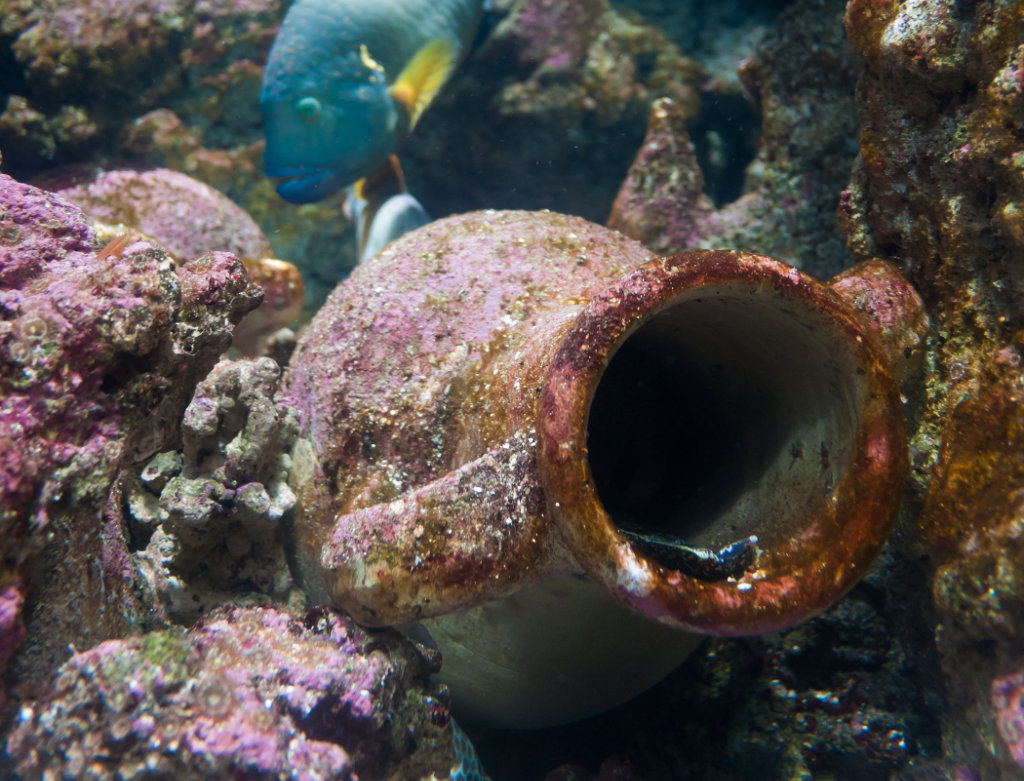
There are numerous underwater archaeological sites around the Mediterranean Sea, where divers can find evidence of these impressive civilizations preserved beneath the waves. Study the history of the area, learn about the underwater topography, and identify key sites that may be of interest to you.
To deepen your understanding and appreciation of the underwater environment, it may be helpful to consult with experts and scholars on ancient Roman and Greek history.
Next, ensure that you have the necessary certifications and equipment to undertake a scuba dive. The Professional Association of Diving Instructors (PADI) offers various levels of scuba diving certification to accommodate divers of all experiences, from beginners to advanced divers.
Obtain the required certifications for the type of diving you plan to do, and make sure to have all of the essential equipment, such as a dive mask, fins, wetsuit, buoyancy control device, and of course, your scuba gear.
Another important aspect of preparing for your dive is familiarizing yourself with the local laws and regulations concerning underwater exploration.
Some historic sites may be protected and require special permits or guidelines to dive.
Abide by these regulations to ensure the preservation of these fragile underwater wonders for future generations to enjoy.
The Actual Dive – What You Can Expect to Encounter in the Mysterious Depths
When embarking on a scuba dive to explore the mysterious depths of ancient Roman and Greek history, you can expect to encounter a wide variety of underwater structures. Some of the most common types of structures include temples, statues, and ruins of ancient buildings.
For example, the sunken city of Baiae off the coast of Italy was once a luxurious resort town frequented by Roman emperors, and its submerged ruins include palaces, marketplaces, and bathhouses.
Near Greece, the island of Delos boasts impressive remains of ancient temples, statues, and monuments, some dating back as far as the 5th century BCE.
In addition to the awe-inspiring remnants of ancient civilizations, scuba diving around these historic sites also allows divers to encounter a variety of marine life. The waters of the Mediterranean are home to many species of fish, crustaceans, mollusks, and other aquatic animals that can be found swimming among the underwater ruins.
Diving in these locations provides a rich and enchanting experience, blending history and nature in a truly unforgettable way.
After Your Dive – How to Record Your Findings
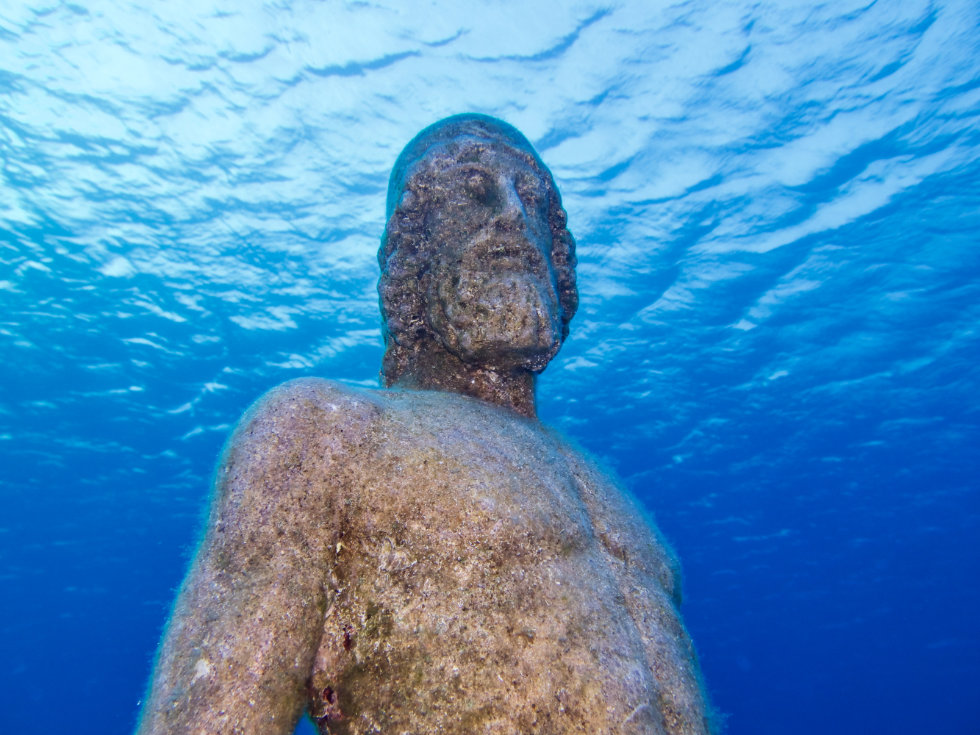
To preserve your memories of exploring the depths of ancient Roman and Greek history, it’s essential to record your findings after your dive. One way to do this is to take photos or videos during your dive, capturing the incredible underwater structures and marine life.
However, remember to be mindful of the environment and avoid touching or disturbing the fragile ruins and ecosystems.
If you happen to discover any artifacts during your dive, document them carefully, considering the ethical implications of removing or disturbing objects from their historical contexts. It’s usually best to leave artifacts in place and notify the appropriate authorities, such as local archaeologists or heritage organizations, so they can evaluate the significance of the discoveries and determine the best course of action for preserving them.
Lastly, sharing your experiences with others is an excellent way to spread awareness and appreciation for the underwater treasures of ancient Roman and Greek history. Share your photos, videos, and stories with family, friends, and online communities, and let the world know about the astonishing underwater worlds that lie hidden beneath the surface of the sea.
The Safety Stop
Exploring the depths of ancient Roman and Greek history through scuba diving offers a unique and thrilling way to experience the mysteries and wonders of these great civilizations.
With proper preparation, a dive into these ancient worlds can be a transformative and enlightening experience, allowing divers to witness firsthand the remarkable underwater treasures that provide a glimpse into our shared past.
As you descend into the depths, you not only embark on a thrilling adventure but also help to preserve and appreciate the incredible legacy of human history that lies just beneath the waves.

